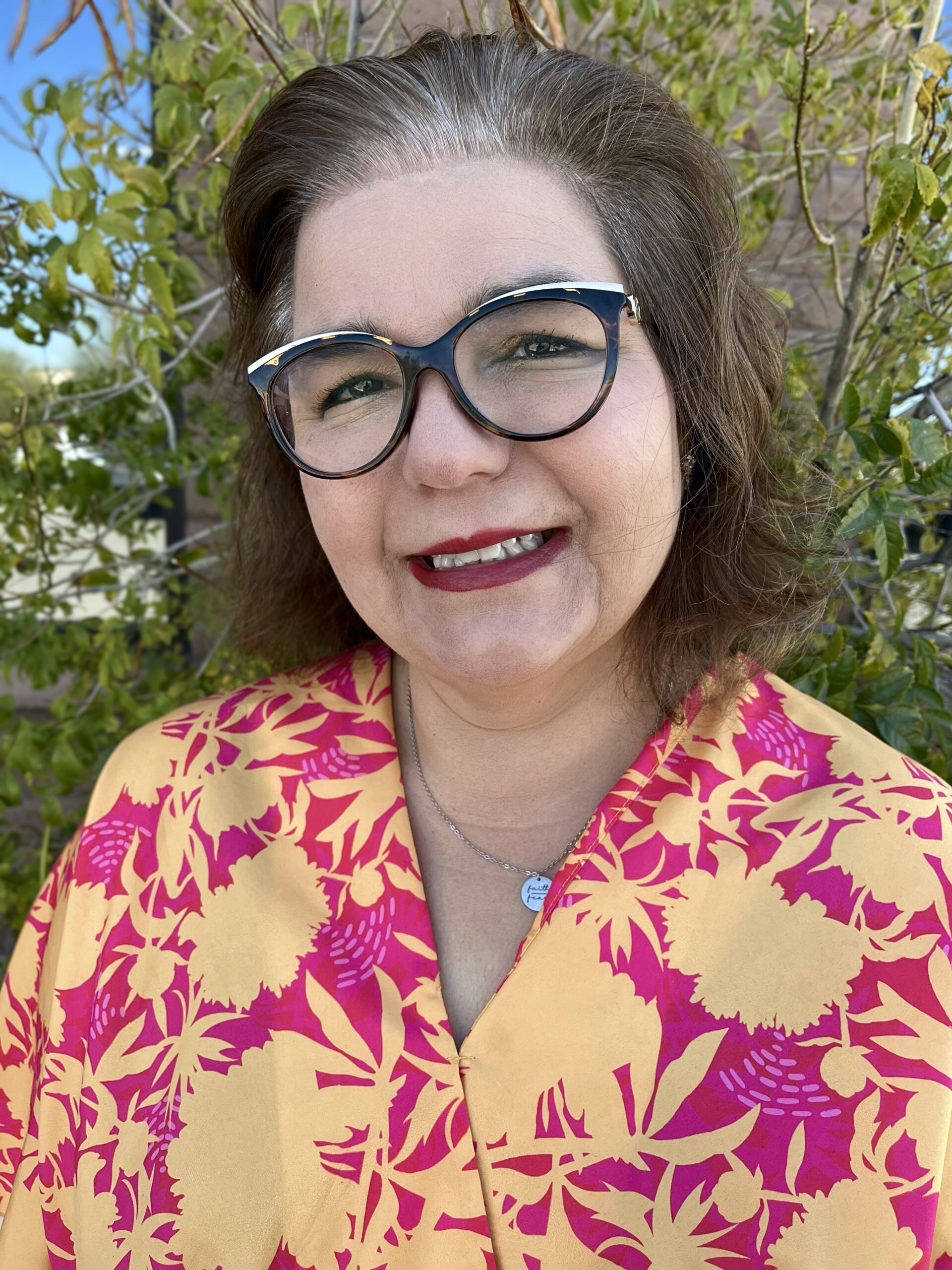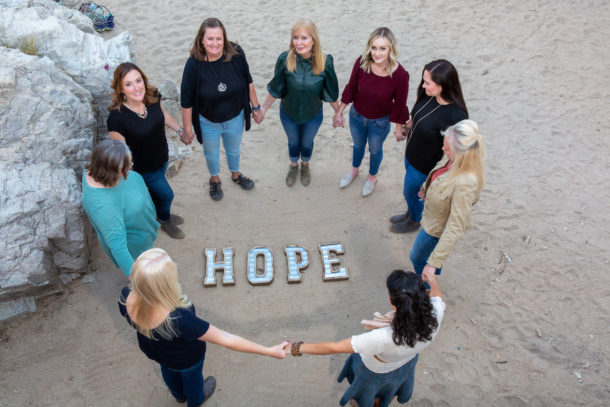“I don’t believe any differently than you do. I believe in God. I pray to Jesus. I just don’t see the use of church.”
My friend was struggling and looking for help. Although he was in my office looking for guidance from me as a pastor, he didn’t see what use the church could be to him. He’s not unusual. Seventy-two percent of Americans call themselves Christian, but one-third of those identify as “not religious at all” and many more are disconnected from the church. In other words, nearly a quarter of the population considers themselves simultaneously Christian and not religious.
It makes sense. What importance is the church? Why commit yourself to an institution with such a checkered reputation? Can’t we live out our lives as Christians on our own? Isn’t Christianity about a relationship, not religion? Can’t I be who God wants me to be without becoming one of those “church people”?
What if I told you that God intends that part of your identity be found in the church?
The end of any book or story is critical to understanding the whole. Master authors make you see every page of the book differently once you’ve read to the end. The final snapshot we are given of eternity in Scripture is something altogether different. The final snapshot is a picture of a wedding: Jesus Christ greets his Bride.
And this Bride is not one individual but rather the collective people of God.
The final scene is a communal party encompassing every ethnicity across every generation. This is the true culmination of the Bible’s story that began at creation. In this final picture, we witness the angels triumphantly singing, “‘Let us rejoice and exult and give Him the glory, for the marriage of the Lamb has come, and His Bride has made herself ready; it was granted her to clothe herself with fine linen, bright and pure—for the fine linen is the righteous deeds of the saints” (Revelation 19:7). We are holy and beautiful, clothed with the righteousness given by the outworking of Christ’s grace in us.
As the story continues, the imagery shifts. John paints the image of God’s people as God’s dwelling place: “And I saw the holy city, the new Jerusalem, coming down out of heaven from God, prepared as a bride adorned for her husband. And I heard a loud voice from the throne saying, ‘Behold, the dwelling place of God is with man. He will dwell with them and they will be His people, and God Himself will be with them as their God’” (Revelation 21:2-3).
From the beginning, the story of God and His people has been the story of God dwelling with His people.
God walked with Adam and Eve in the garden and He will one day dwell with us face to face. Later in this chapter, we are shown another scene involving the Bride. “Then came one of the seven angels . . . and spoke to me, saying, ‘Come, I will show you the Bride, the wife of the Lamb. And he carried me away in the Spirit to a great, high mountain, and showed me the holy city Jerusalem coming down out of heaven from God, having the glory of God, its radiance like a most rare jewel, like a jasper, clear as crystal” (Revelation 21:9-11). The city is the Bride and the Bride is the city. We are beautiful and pure and valuable beyond comparison.
Then the Bride joins the Spirit of God. He calls out the hope of salvation to all who will hear. “The Spirit and the Bride say, ‘Come.’ And let the one who hears say, ‘Come.’ And let the one who is thirsty come.” (Revelation 22:17a). This is the true ending of God’s story!
How does this shape our understanding of Christianity and our identity?
Together, we are the bride of Christ. We are His bride, not individually, but collectively. Christ did not come to earth just to rescue individual sinners but to redeem His bride.
Redeeming Our Identity as The Bride Of Christ,
John Beeson
Co-Lead Pastor at New Life Bible Fellowship, Tucson, Arizona
Stay tuned for Part 2 of this blog series next week! If you liked what you read today, subscribe to John’s blog at: www.thebeehive.live
John and Angel Beeson are currently working on a book entitled Substitute Identities. Our culture and our hearts offer us substitute identities in place of our true identities in Christ. Substitute Identities is for those who struggle to know and live into who they are in Christ.







0 Comments